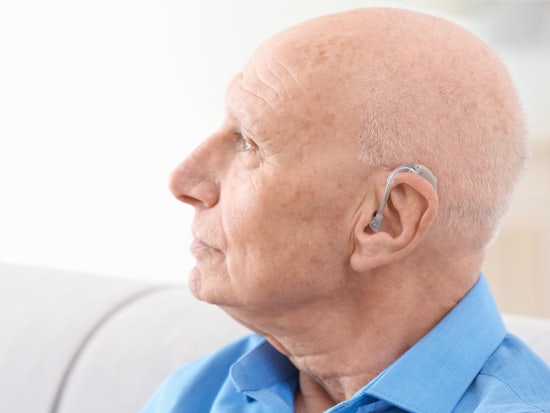Hearing warning as increased risks of dementia and depression highlighted
A new research paper based on 25 years of study has found that
unaddressed hearing loss raises the risk to carry out basic daily tasks
such as showering and getting dressed, and failure to use hearing aids
increases the risk of dementia and depression.

The social, mental and economic impact of deafness is profound (Source: Shutterstock)
On World Hearing Day, held on 3 March, which marks the end of Hearing Awareness Week, Australians are asked to ‘hear the future and prepare for it’, by committing to ear health for life.
Responsible for Australia’s hearing services program, Minister for Aged Care and Indigenous Health Ken Wyatt AM, explains the social, mental and economic impact of deafness is profound.
“We know that staying connected through hearing is vital for our emotional wellbeing,” Minister Wyatt says.
“However, new international research now indicates deafness and the failure to use hearing aids can increase the risk of dementia by more than 20 per cent and, in men, markedly raise depression risk.”
Currently around 3.6 million people, or one in seven Australians, are affected by hearing loss, with more than 90 percent of these aged over 50. Due to the ageing population, the number affected is expected to rise to one in four by 2050.
“Hearing loss becomes more common as we get older but over 1.3 million Australians are living with a hearing condition that could have been prevented,” Minister Wyatt said.
“There is also growing evidence of deafness being caused by recreational noise. For example, it is estimated that in Europe, more than four million people suffer from hearing problems from the use of headphones.
“While avoiding hearing damage is best, modern hearing assistance can do wonders, so it’s important to have regular hearing checks and to seek help early.”
Minister Wyatt says that hearing loss “costs our community dearly, with the annual direct economic impact of poor hearing in Australia estimated at $15.9 billion”.
The Australian Government’s Hearing Services Program provides free or subsidised hearing services and devices to eligible Australians. In 2016–17, more than 750,000 Australian benefitted from its services.
According to Minister Wyatt World Hearing Day is also a reminder of the particular challenges of hearing loss for some Aboriginal and Torres Strait Islander children.
“Diseases such as otitis media can have a lifelong impact on education, employment and wellbeing, so working with Indigenous communities and families to improve ear health is one of my highest priorities,” said the Minister.
The Commonwealth’s Australian Hearing Specialist Program for Indigenous Australians provides diagnosis, professional ear health training, equipment and surgeries for people in more than 200 Aboriginal and Torres Strait Islander communities each year.
In addition, the Turnbull Government is supporting dedicated Indigenous ear health activities, allocating more than $76.4 million over 10 years.
Hearing Awareness Week aims to eliminate the stigma, isolation and associated health issues to improve the overall quality of life for people affected by deafness or hearing impairment.























